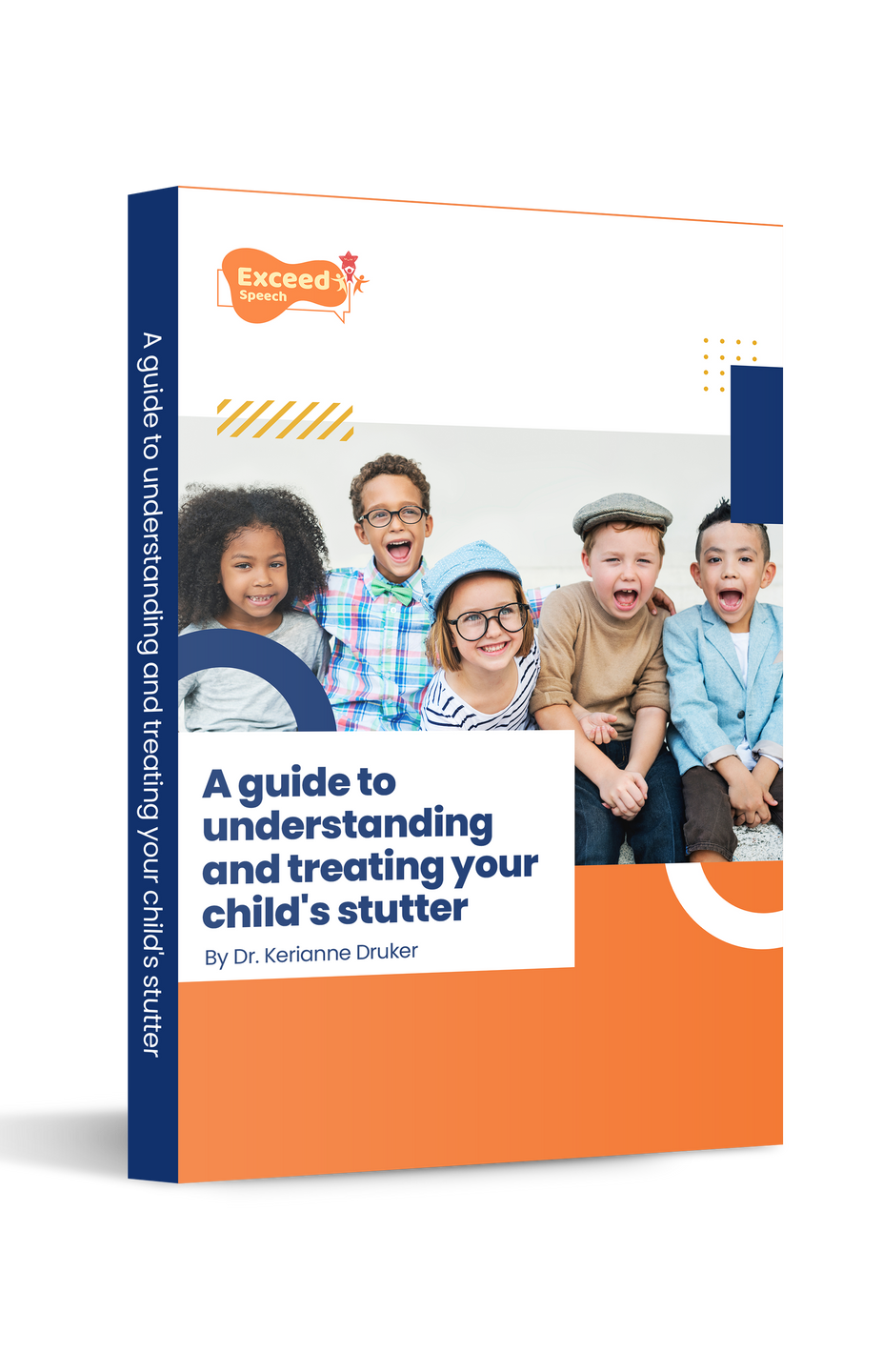Robust Theme
Dec 09, 2019 2020-04-08 7:40Robust Theme
Four unique factors to consider for articulation (pronunciation and talking) therapy

Having relatively “intelligible” or clear speech is so important for children to make friends, interact successfully with teachers or less familiar adults, and continue developing their independence as they feel confident communicating their wants and needs. When a child nears school age and starts learning about sounds and sounds in words, it is crucial they are saying and pronouncing the sounds correctly for their pre-literacy skills to develop.
With all this in mind, knowing WHEN to help your child with their speech clarity is key. We don’t want to be intervening too early if their speech is actually age appropriate, but we also understand the importance of early intervention – in terms of treatment success, but more importantly to reduce the possible negative consequences outlined above.
It is so common to ask questions such as “what age should my child be able to produce this sound” or “is the /s/ sound still age appropriate for children in Kindy”? These are definitely not the only questions that should be asked, as there are so many other factors to consider!
Have you been wondering if your child’s speech errors need to addressed? Here are the 4 additional factors that I always consider when recommending if a child should start therapy for their pronunciation or talking difficulties.
1. Overall intelligibility (or speech clarity)
If a child’s overall intelligibility (or speech clarity) is not at least 75% by 3 years of age, and 100% by 4 years of age, don’t wait! We would still expect some speech errors at these ages, but intelligibly refers to how well a stranger (i.e., someone your child meets for the first time) would understand them overall.
2. Relevance and functional importance
Just like when treating any other speech problem, individualised and patient centred care is paramount. For example, if a child’s name is Rory and they had trouble telling their name to others because of difficulty making the /r/ sound, I certainly would not rely solely on age expectations when recommending treatment.
3. Social/emotional impact
If a child shows frustration about their communication, or starts withdrawing or avoiding social interactions, this is a strong indicator to get it sorted.
4. Difficulty with early literacy skills
The link between speech sound development and literacy acquisition has been well established. Children with speech problems are at a higher risk of having literacy difficulties. A key journal article published in the American Journal of Speech-Language Pathology delves into this in more detail.
To put your mind at ease, Dr Kerianne Druker offers all parents a free consultation to talk through your concerns about your child’s speech sound development, articulation and pronunciation, and establish a clear plan about whether or not assessment and/or therapy is needed.
Book now: https://portal.coreplus.com.au/exceedspeech

Free eBook
A guide to understanding and treating your child’s stutter
Take a sneak peak of what the Stuttering Toolkit has to offer, and learn about the treatment principles that have proven successful for more than 90% of children who stutter.
Get Free eBook

